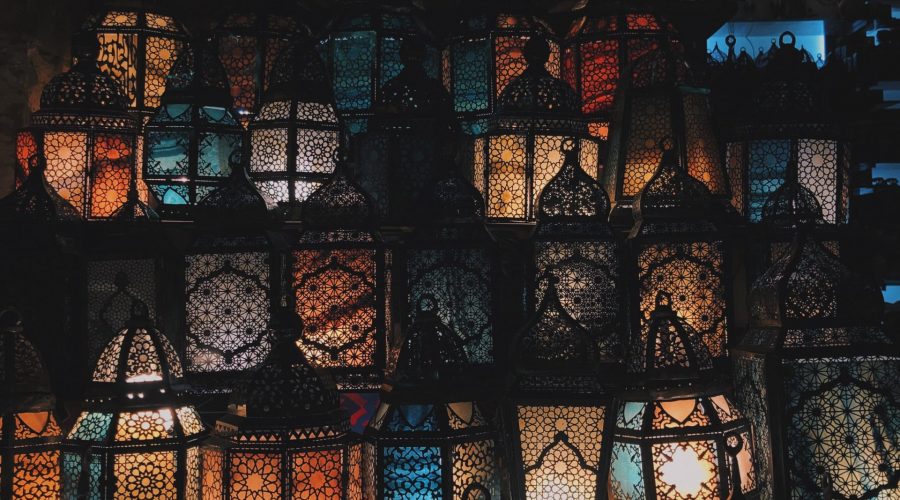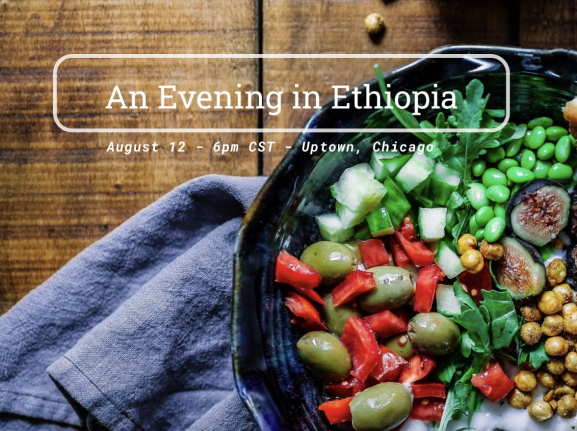The Cultural Importance of Ramadan
The Holy month of Ramadan is observed by about 1.6 billion Muslims all over the world. Ramadan is the 9th month of the Islamic lunar calendar and is a very special time in Islam. It is important to note that not all Muslim countries or communities mark the start of Ramadan on the same day. The first day of the holy month relies on the visibility of the new crescent moon. The Holy book of the Quran was revealed to Prophet Mohammad (PBUH) during the month of Ramadan, hence the month is known as the month of the Quran.
Muslims observe the month by fasting from dawn to sunset, abstaining from food, and drinking (even water). Islam has 5 main pillars, and fasting is one of them. Because the Quran was revealed during the month of Ramadan, this month witnesses heightened worship and spirituality by increasing prayers, reading the Holy Quran, charitable giving, connecting with family, friends, and community members, in addition to fasting. Fasting is one of the Five Pillars of Islam and occurs during the ninth month of the Islamic lunar calendar. Fasting is an act of worship and showing submission to Allah. It is a way to strengthen willpower, purify the soul and body, get closer to God, and feel for others who are less fortunate.
The month is very festive, with many communal activities. These activities include “Suhoor”, a pre-dawn meal that begins the fast, and “Iftar” which breaks the fast, prayer, or general gatherings for religious or social purposes. Families, friends, neighbors, and community members gather around the table for “Iftar” to celebrate the break of the fast. Miles and miles of tables are extended throughout the streets of most Muslim countries, where meals are donated and served for the less fortunate, or those who do not have family members to congregate with during these special times. Everyone is welcomed, no questions asked.
The meal is followed by group extended prayers at the mosque. This is known as “Tarawih Prayers” and can last for a few hours. Mosques are packed with worshipers gathered for these special prayers. These communal acts of worship are held in the belief that there is a greater reward for prayers made in congregation.
As we are still in the middle of a global pandemic, all these festivities are going to be interrupted this year. The doors of mosques have closed all across the world. The call of prayer has changed from “Come for Prayer” to “Pray at home”! Communal festivities and gatherings over mealtime will now be limited to members of the same household or virtual meals over video chat. As this brings enormous change to rooted traditions and practices, we all reflect and try to find peace and comfort through the chaos.
We are blessed to be able to look at technology from a different perspective and employ it to bring people together. Many mosques will offer online alternatives, such as video conference platforms or live streaming, as a substitute for the traditional congregation for prayer. Study circles have been set up virtually via several video conferencing platforms. Fundraising efforts have significantly increased in preparation for the Holy month to make available meals and resources for families in need.
Lastly, “Eid Al-Fitr” concludes Ramadan and is one of the most significant observances in Islam, a three-day celebration marked with family and friends, gifts, and of course food. Interestingly, Ramadan reflects not only a pan Muslim culture but the intricacies of local communities and cultures. For example, Muslims in the USA commemorate slightly differently than in Pakistan. However, the most fundamental principle is that one uses this time to reflect and convene with God. It is a special month filled with love and joy.



